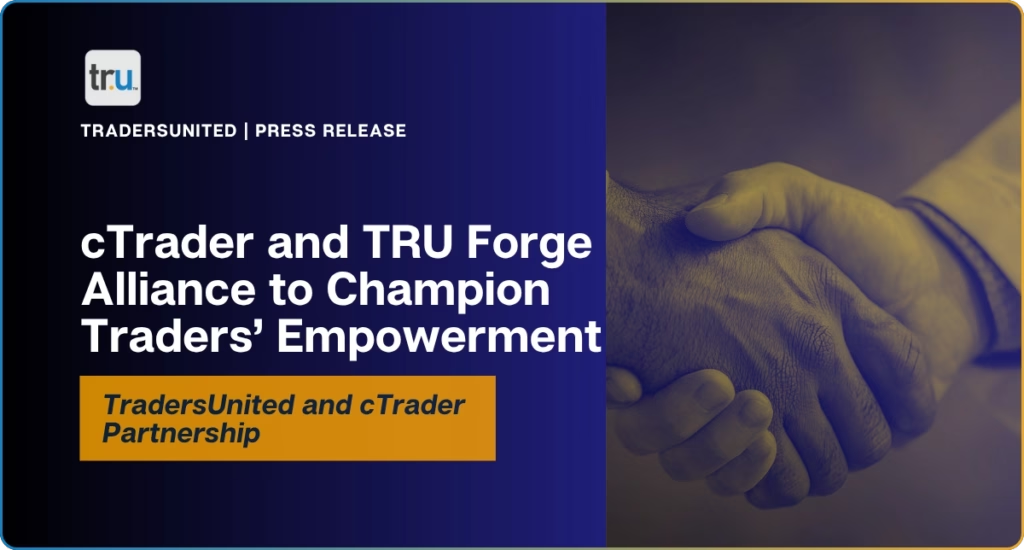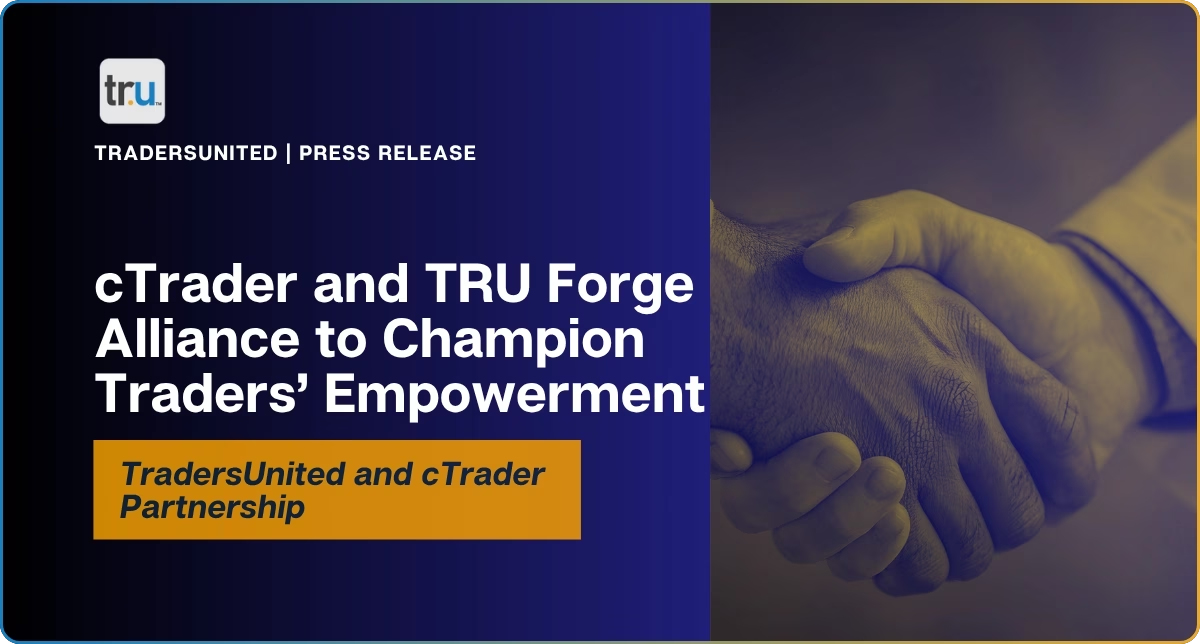The Financial Sector Conduct Authority (FSCA) is like a safety net for South African investors.
The regulatory body has one goal – to safeguard the interests of South African investors and maintain fairness South Africa’s financial ecosystem.
Safe to say, it’s the watchdog that ensures financial service providers play by the rules of the country. This article dives into how the FSCA makes your investment journey smoother, safer, and more transparent.
What Is the Financial Sector Conduct Authority?
In South Africa’s financial industry, the FSCA is the primary regulatory body that ensures fair practices between the financial service providers and investors. Basically, it’s like a referee who ensures all players stick to the rules of the game.
This regulator goes beyond enforcing rules. It also functions to promote financial literacy to the general South African public. They take a proactive approach to ensuring that investors are aware of different investment nuances and equipped with knowledge to make informed decisions.
Say you’re looking into retirement funds, transacting with an FSCA-regulated retirement fun provider puts you in a safer place because you’re less likely to experience unethical or vague business practices.
This ensures you’re not left scratching your head over hidden fees or unexpected terms.
Explore more financial regulators in other countries here: TradersUnited – Foreign Regulatory Agencies.
The Role of the FSCA
The primary role of the FSCA is to ensure that all financial businesses (if FSCA-registered) operate based on the country’s financial law. Among the entities under its watchful eyes are:
- Banks: Regulated to ensure they don’t take undue risks with your money.
- Insurance Companies: Held to standards that protect your policy rights.
- Retirement Funds: Monitored so that your hard-earned savings are safeguarded.
- Brokerages: Checked for fair treatment, so you’re not caught off guard by high fees or shady practices.
Say you bought an insurance policy but later found out it doesn’t cover a major aspect you assumed it would.
You feel misled, and your insurance provider isn’t helping. Here’s where the FSCA steps in. By enforcing transparency and fair practices, it ensures insurers can’t just bury important details in the fine print. You’d have the right to escalate your complaint if the provider is failing to offer clarity or resolve the issue.
Know the Participants
The FSCA also keeps an eye on key players within the financial services sector, such as:
- Financial Service Providers (FSPs): Companies licensed to offer financial services.
- Key Individuals (KIs): Those responsible for managing or supervising services within an FSP.
- Representatives: Agents acting on behalf of FSPs to deliver services.
Imagine you’ve received poor advice from a financial advisor, resulting in a big loss. You then learn they were representing an FSP that’s under FSCA regulation.
You can file a complaint with the FSCA, which will investigate the matter and ensure the advisor is held accountable for any misconduct.
How to Escalate Disputes with the FSCA
Have you ever had a dispute with a broker that didn’t end well? If your broker is regulated by the FSCA, you have the right to escalate the issue.
For instance, say you noticed unexpected fees after signing up for a trading platform, and your broker is unresponsive. You can take your complaint directly to the FSCA, which provides a formal process for escalating unresolved issues.
To do this, you can submit a detailed complaint letter to the FSCA, or file your dispute online through the FAIS Ombud’s website.
This step can help ensure you receive the fair treatment you deserve and that the financial provider is held accountable.
Financial Services Board (FSB) vs. Financial Sector Conduct Authority (FSCA)
Before the FSCA existed, there was the Financial Services Board (FSB).
The FSB was more about regulating prudential issues, while the FSCA zeroes in on fair treatment and market conduct. This shift means a stronger focus on you—the investor—and ensuring that financial services work for you, not against you.
The Financial Advisory and Intermediary Services (FAIS) Act
The FAIS Act is another tool the FSCA uses to protect investors.
This act sets strict standards for financial advisors, mandating that they act in your best interest. So, if you’re ever left wondering, “Was that really the best advice for me?” the FAIS Act gives you the reassurance that your advisor should have your best interests in mind—or else face the consequences.
Final Thoughts
The FSCA is your ally in navigating the complex financial world. With its oversight and regulations, you can feel more secure knowing there’s a trusted authority keeping watch. So next time you invest, remember that the FSCA has your back, advocating for fair play and transparency to make your financial journey as smooth as possible.

















